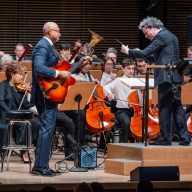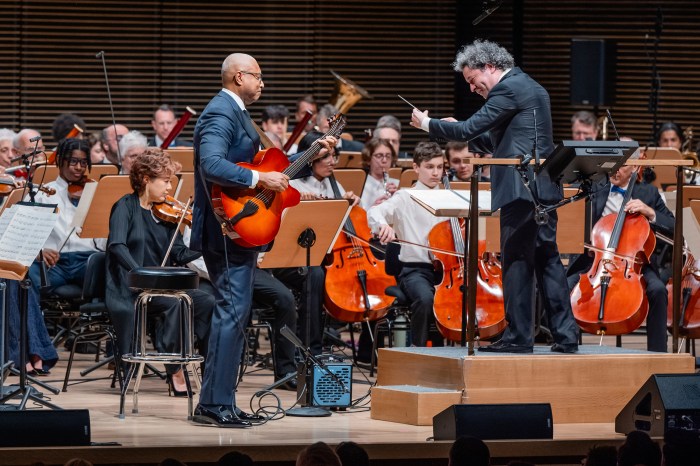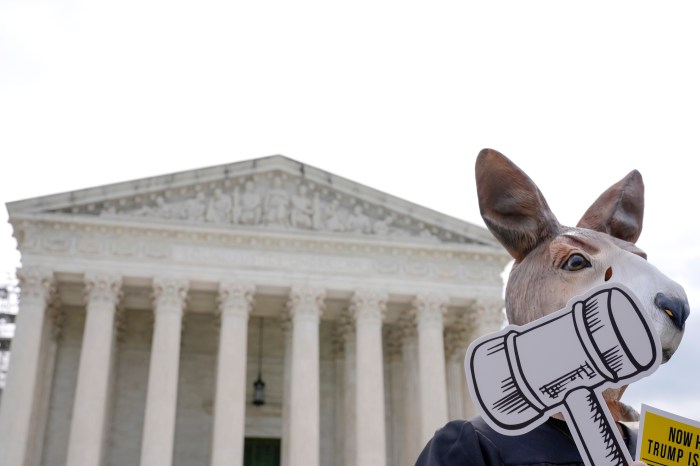Andrew Policano is the dean of the School of Business at University of California-Irvine. His latest book — “Public No More: A New Path to Excellence for America’s Public Universities” — was co-authored with former University of Iowa Business School dean, Gary Fethke. It will be released this week by Stanford Business Books.
Do you believe that we are facing the end of publicly funded higher education in the U.S.?
Yes. But what we mean by this is no longer being dependant on the state for the primary source of funding. It does not mean a lack of access or diversity.
You write that a truly public university is no longer sustainable. Is a 35 percent tax rate for the wealthy sustainable? Are these issues related?
Tax rates will have to go up for everyone over the next decade. Those long-term trends are pretty clear. That’s the macro. But the micro here is the question of efficiency with most major public universities. For instance, most of them offer at least 80 undergraduate majors. Some offer more than 200. Is that scope efficient in any sense of the word? Our model is a high tuition, high financial aid model, rather than the current low tuition, high subsidy model. Ours is more market-focused, reacting to the needs of the marketplace and the students.
But when we alter public higher education to reflect consumer choices, do we risk having luxury gyms on campuses at the expense of rigorous study?
I think there’s some truth to that. But the issue is that somebody’s willing to pay for luxury gyms, and it’s reflected in the price of their education. But if you’re doing a lot of things on public campuses that people are not willing to pay for — taxpayers, students, donors — you have to ask why you’re subsidizing it.
Are too many people influencing decisions at public universities?
We have a lot of governance resting with the faculty at the lower levels, and a lot at the board of regents — the higher level — and very little in the middle. That creates havoc with trying to be innovative.
That sounds democratic. Why is that bad?
The most democratized country in the world is India. Democracy is important. Too much of it is very inefficient.


















